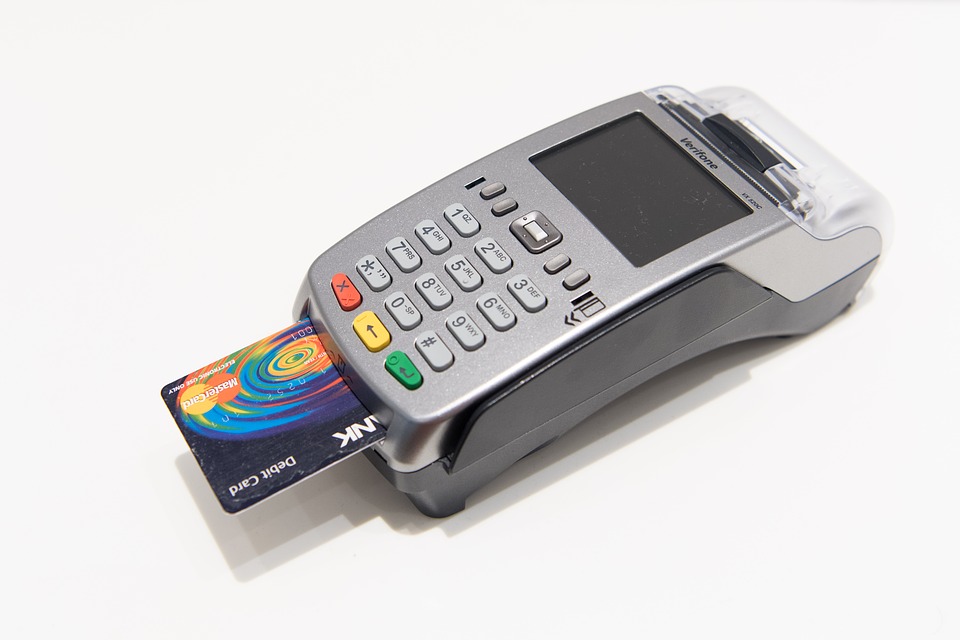The U.S. Court of Appeals for the District of Columbia upheld legislation that capped the “swipe fee” for debit cards at 21 cents per transaction. The decision ruled against merchants and retail groups interested in lowering the cap as they believe it to be too high.
Merchants pay swipe fees, also called interchange fees, to banks to compensate for the expenses associated with offering debit cards. Congress implemented the Frank-Dodd law in 2010 that regulated swipe fees in the hopes that it would lower prices for consumers. Prior to Federal legislation, Visa and MasterCard set the swipe fees where the fees could be as high as 44 cents per transaction.
The current swipe fee cap was set in 2011 at 21 cents per transaction. In 2013 a U.S. District Judge agreed with retailers that the Fed intended the limit to be lower and overturned the original legislation. Yet, the three-member panel at the U.S. Court of Appeals ruled in March that the “ambiguity” in the legislation was intended to allow leeway for the fee cap.
The 2011 legislation provides a challenge to lawyers on both sides as well as the Court of Appeals. The legislation itself is poorly written and open to interpretation due to its ambiguity. The ambiguity at best offers room for debate and at worse muddies the legal process for merchants seeking to lower the swipe fees attached to customers using debit cards.
The panel stated in its written opinion that “Because neither agencies nor courts have authority to disregard the demands of even poorly drafted legislation, we must do our best to discern Congress’s intent.” The ambiguity of the legislation still provides hope to retailers that the cap can still be lowered. The director of commerce and entrepreneurship for the National Restaurant Association said they will consider an appeal as their lawyers continue to find alternatives to the legislation and the panel’s opinion.
For merchant processing, sign up today!


